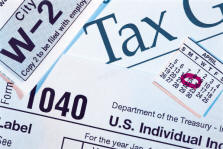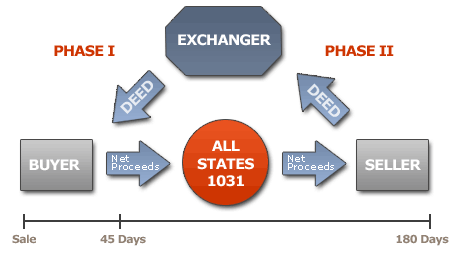1031 EXCHANGE
April 30th, 2007 by tisnerInformation about a 1031 Exchange and how you can save your dollars!


Many times when real estate investors come to me for advice and information we talk about he 1031 Tax Exchange. Under the U.S. Internal Revenue Code, this is an opportunity for some investors to defer capital gains taxes. For some investors it is an important investment strategy.
The name ‘1031 Tax Exchange’ refers to Section 1031 of the Internal Revenue code which allows exchanges of certain types of qualified property by owners of real property for other, like-kind property. The simplest of this kind of transaction is called a Simultaneous Exchange. It refers to the closing on the sale of a taxpayer’s property and the closing on the purchase of a like-kind property at the same time.

Another kind of 1031 Exchange is called a Delayed Exchange. As the name suggests, the Delayed Exchange occurs when the taxpayer’s replacement property (or properties) closes on a later date than the date of close of the relinquished property (or properties).
As long as the real estate property is held for use in a trade or business or for investment or income, it can be considered ‘like kind’ property and used in a 1031 Tax Exchange. The name of the taxpayer taking title to the replacement property must be the same as the name of the taxpayer who held the relinquished property.

Under this instrument, what is known as a Qualified Intermediary must be used by law. This is an independent third party who must meet (and not meet) certain qualifications.
The conditions and details of the 1031 Tax Exchange are strict. As a Real Estate professional I am able to tell you of this instrument and how it may benefit you. If you call me I will be glad to provide you with the names of companies who may further assist you and who may act as the Qualified Intermediary.





